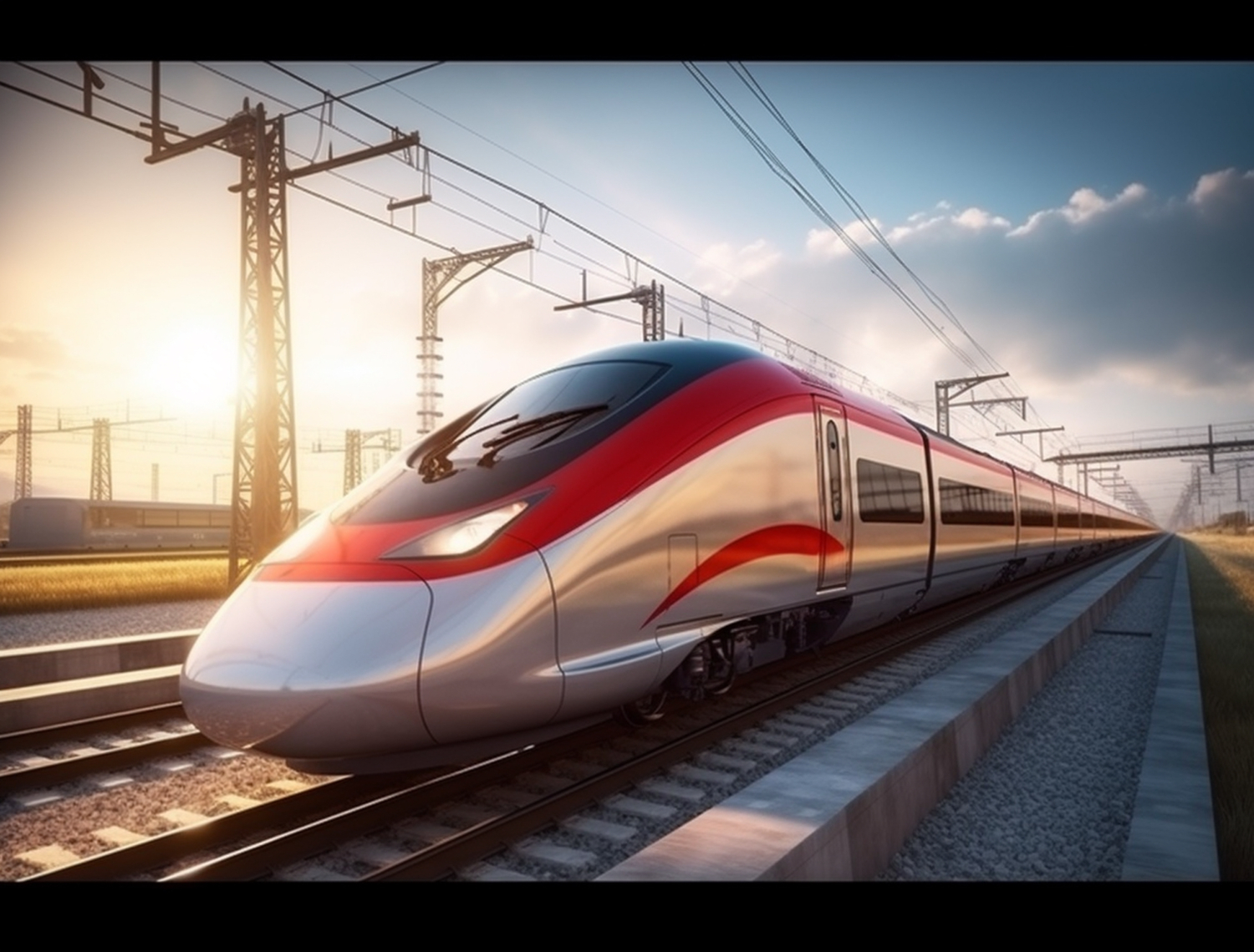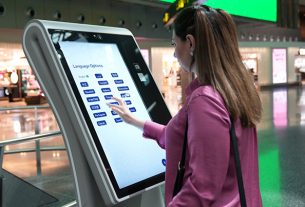Virgin Group is accelerating plans to place a major order for high-speed trains, signaling its intent to challenge Eurostar’s longstanding dominance in the Channel Tunnel market. The company aims to disrupt Eurostar’s 30-year monopoly, capitalizing on a competitive gap and responding to growing demand for faster, more efficient travel between the UK and Europe.
Virgin’s move comes after significant advancements in rail technology and a shift in market conditions. The new fleet of trains, which will be capable of operating through the Channel Tunnel, promises to enhance service quality and introduce greater competition in the high-speed rail sector.
Industry insiders have suggested that Virgin’s new service could provide more frequent and competitive routes between London, Paris, and Brussels. With Eurostar currently holding an exclusive position on these high-speed links, Virgin’s investment signals an opportunity for innovation and improved customer choice in an industry poised for transformation.
The project’s timing coincides with ongoing efforts from European regulators to encourage market liberalization and create an open, competitive rail network across borders. Virgin’s proposed fleet would meet these regulatory demands by offering a direct challenge to Eurostar’s current operational structure, potentially lowering ticket prices and expanding service offerings.
While specific details of the order remain under wraps, the decision to accelerate the rollout of high-speed trains aligns with Virgin’s broader strategy to expand its presence in the transportation sector and diversify its portfolio.
In conclusion, Virgin Group’s investment in high-speed trains represents a pivotal moment for the UK-European rail link, one that could reshape the landscape of cross-border rail travel and shift the competitive dynamics away from Eurostar’s long-held market leadership. The move reflects Virgin’s ambition to lead the way in a new era of high-speed rail competition.



